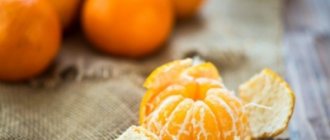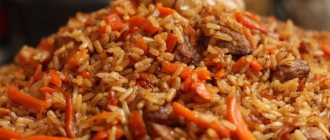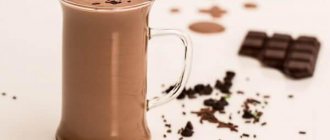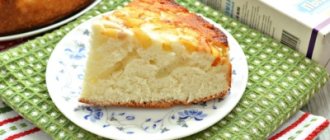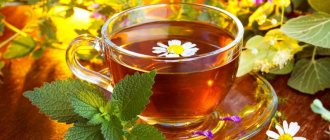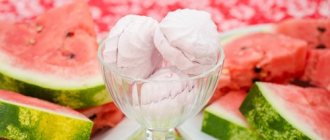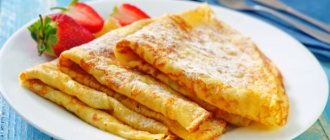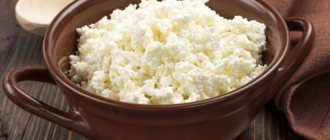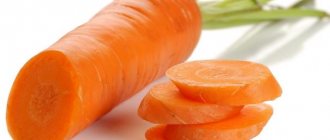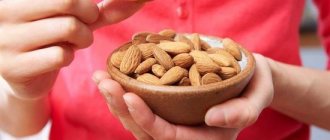Even during pregnancy, the woman felt all the “charm” of restrictions. But with the advent of the baby, there were no fewer of them, even more. How sometimes you want something sweet! It has already been proven that sweets help improve mood, reduce stress, and overcome depression, which is extremely important in the postpartum period. This is due to the production of serotonin, the hormone of joy. Is it prohibited to consume sugar while breastfeeding? How much is allowed and how will it affect the baby?
Can a nursing mother have sugar?
Is it okay to have sugar while breastfeeding? The answer is clear: it depends on the volume. Consumption in small quantities does not pose a significant threat to either mother or baby. You can allow yourself to drink a cup of tea by adding a teaspoon of sugar; besides, this promotes lactation. In limited quantities you can have dark chocolate (but not earlier than the baby is 6 months old), marshmallows, marshmallows, kozinaki, biscuits and oatmeal cookies, halva, dried fruits, homemade jam, natural (non-allergenic) juices. When breastfeeding, you should avoid consuming sweets with dyes, milk and white chocolate, pastries and cakes with fatty creams, and packaged juices.
Important! It is prohibited to consume sweet drinks with gas, they will negatively affect the baby’s digestive system, kidneys, liver and heart.
A separate issue is consumption in the first month. Is it possible to have sugar while breastfeeding during this period?
- For Mom. Gynecologists recommend avoiding consumption of this product. This is a period of hormonal changes in a woman, and after childbirth the vaginal microflora is disrupted and immunity is reduced. Excessive consumption of sweets contributes to the development of thrush.
- For a newborn. The baby’s poorly developed digestive system is not able to withstand such a load, so fermentation in the intestines, bloating and colic occur.
Sugar substitutes and why they are dangerous
When breastfeeding, you can use sweeteners:
- The most common is fructose . It is natural and twice as sweet as sugar, with the same calorie content. Easily digestible and suitable for diets.
- Sorbitol is a reduced glucose sweetener. Its high content in pears and apples, peaches can cause fermentation in the intestines, bloating and colic.
- Stevia is an herb that is suitable even for pregnant women. Calorie-free, natural sweetener from the plant of the same name. Leaves a specific “herbal” taste. There are no contraindications for use.
- Erythritol is a natural, calorie-free sugar substitute. Does not cause caries or skin rashes, and is not as sweet as fructose. Not harmful if you overeat.
- Sucralose, aspartame, saccharin are chemical substitutes. They are four hundred times or more sweeter than sugar. Do not use for cooking or boiling. May be harmful if overeated.
IMPORTANT! The danger of sweeteners is that overeating them can cause skin diseases and intestinal disorders. Many substances are of chemical origin, which is why it is worth limiting or avoiding their use. Particular attention should be paid to the amount of substance consumed.
Is there any benefit from sugar for breastfeeding women?
Despite the fact that sweets are harmful in large quantities, with moderate consumption they will have a positive effect:
- provides the body with energy and a feeling of vigor;
- helps restore strength during physical and emotional stress;
- improves psychological state, helps eliminate depression;
- softens the negative impact of toxins on the liver;
- improves sleep, relieves insomnia;
- promotes the absorption of B vitamins, calcium and iron;
- activates brain activity.
Some sugar elements, in particular fructose and glucose, are important for infants and promote growth and development. It is impossible to completely exclude sweets from the menu when breastfeeding, since they supply the necessary energy to the body.
How can sugar be harmful when breastfeeding?
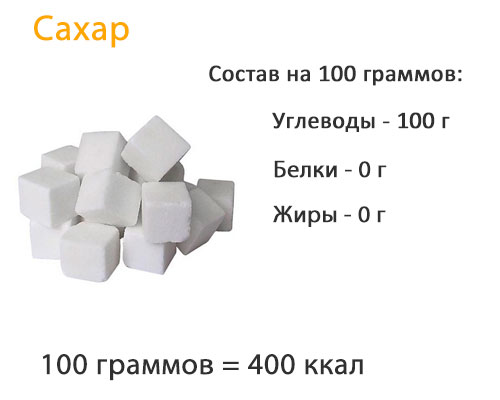
Excessive sugar consumption during breastfeeding has a negative impact on a woman’s well-being and health:
- The high calorie content of sweets harms your appearance and figure, making it difficult to get rid of extra pounds that accumulated during pregnancy.
- Leads to disruptions in a woman’s endocrine system and increases the risk of developing diabetes.
- Affects the enamel and strength of teeth.
- Not recommended for digestive system disorders.
- Sugar is a product that oxidizes the body. An acidic environment is favorable for the development of microbes and viruses. It has already been proven that cancer cells develop in an acidic environment, and die in an alkaline environment.
Harm to the baby:
- The risk of developing diathesis, swelling, and itching increases.
- It disrupts the functioning of the digestive system, causes fermentation in the intestines, and contributes to the occurrence of colic.
Harm
A lot of sweets in the diet of a child and a nursing mother negatively affects both organisms:
- Excess negatively affects the intestinal microflora, causing gas formation, fermentation, and disrupts stool. For a child, this has a detrimental effect on the intestines, which will further affect the ability of digestion.
- Another negative factor is the high calorie content - the baby will eat a smaller amount of sweetened porridge, but there will be little satiety, and he will want to eat earlier. Such nutrition will lead to excess weight, energy will not be spent on vigorous activity in a timely manner, and its excess will accumulate in the form of fat reserves.
- For the nervous system. If for a mother this is a great way to cope with depression and cheer herself up, then for an infant, sweets become stimulants and irritants. As a result, the baby falls asleep poorly and has restless sleep. In special situations, hysteria and aggression may be added.
- Also, an excess of sweets has a bad effect on the absorption of vitamins. This leads to the development of caries, washes out calcium - which leads to early loss of baby teeth.
- For immunity, it decreases and becomes weakened.
Allergy to sugar
The child’s body may react negatively to the glucose contained in sugar. Your child may experience redness and peeling in the following areas:
- in the groin;
- on the cheeks;
- on the elbows.
The child’s body may react negatively to the glucose contained in sugar
A negative reaction to sugar in an infant can manifest itself in the form of colic. When they occur, the child pulls his legs to his chest and behaves restlessly.
Rules for consuming sugar during breastfeeding
Taking into account the harm of excessive consumption, consumption standards and methods of replacing it with the most harmless analogues have been established.
Permitted rate
Given the recommendations for compliance with consumption standards, it is important to know how much sugar you can consume per day while breastfeeding. GW specialists and nutritionists are inclined to believe that the norm should not exceed 45-50 g per day. Moreover, you should take into account not only the amount of pure sugar, but also its content in various products and dishes.
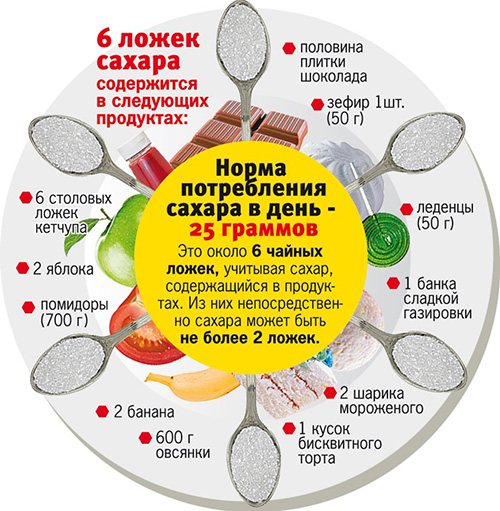
Recipes for sweets made from natural sweeteners
Natural sugar substitutes are available for women who are breastfeeding. But it is better to replace pure fructose by preparing delicious products from it.
Halva with fructose
The oriental sweet is prepared like this:
- First, grind half a glass of roasted sunflower seeds.
- Pass flour in an amount of 1.5 cups until brown, mix with seeds.
- Make syrup from 1 fruit sugar by adding 700 milliliters of water.
- After 5-10 minutes of boiling over low heat, pour in 150 milliliters of sunflower oil.
- Remove from heat, add mixture of seeds and flour, stir thoroughly.
- Place in a mold and cool for 4 hours.
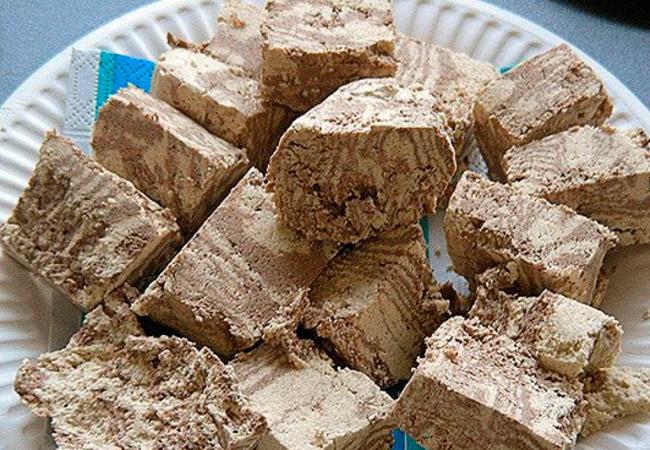
Cut the finished mass and serve it to the table.
How to replace sugar?
If this product is so harmful, then what is allowed to be consumed instead of sugar and sweet foods? It is recommended to diversify the menu with fruits; they contain fructose, which is acceptable for consumption during breastfeeding and is an excellent analogue of sugar.
Natural sweeteners during lactation
Natural products that can replace classic sugar, recommended during lactation:
- Fructose is a natural analogue, extracted from fruits. Low-calorie, does not affect the condition of enamel, allowed for diabetics. It is sweeter than the classic product, and the consumption is correspondingly less. Fructose quickly saturates, activates tone, does not lead to changes in the specific gravity of blood sugar, activates the strengthening of the immune system, and reduces the likelihood of allergic reactions. The consumption rate is 30 g, an excessive dose leads to disruption of the heart and worsens the condition of blood vessels.
- Cane sugar is a worthy alternative to classic sugar. The composition contains a large amount of minerals and few heavy carbohydrates. If easily digested, it does not have a negative effect on the baby.
- Stevioside is recognized as safe during lactation.
- Coconut sugar is a new and extremely healthy product. An excellent source of minerals and vitamins. It has absolutely no contraindications, except for excessive consumption, which leads to weight gain.
- Honey is an excellent and healthy analogue of sugar; it is important to remember that it is recognized as an allergen. Consumption during feeding is strictly limited; caution should be exercised, constantly monitoring the baby's reaction.
Important! It is not recommended to get carried away with the consumption of industrially produced condensed milk. Harmful chemical components are used in production. If you really want a spoonful of condensed milk, you can prepare it yourself.
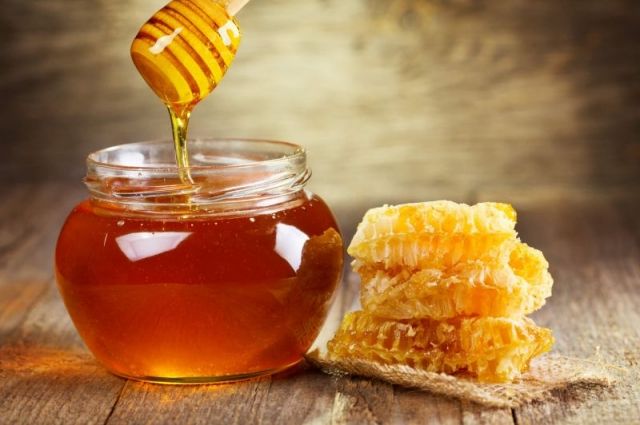
Honey is a natural sweetener, but it is important to remember that it is a strong allergen.
Artificial sweeteners - is it possible?
When breastfeeding, the use of industrially produced substitutes is prohibited. Although they have fewer calories, these are extremely harmful analogues that have a negative effect on the digestive system of women and babies and can cause allergies, even poisoning. Harmful components enter the milk, causing negative consequences for the baby. It has been proven that they are not absorbed by the body, and accordingly accumulate and poison it.
Many of them have a number of side effects: they increase the risk of cancer, increase appetite, and contribute to the occurrence of allergic reactions.
Important! The following sweeteners are prohibited for use during breastfeeding: Aspartame, Saccharin, Sorbitol and others.
Sweets are not taboo for women during lactation. But this issue must be approached wisely: observing consumption standards and choosing sugar-containing products very carefully. Considering its influence on the psychological state, we can say: a happy mother means a happy baby.
What tea can you drink while breastfeeding?
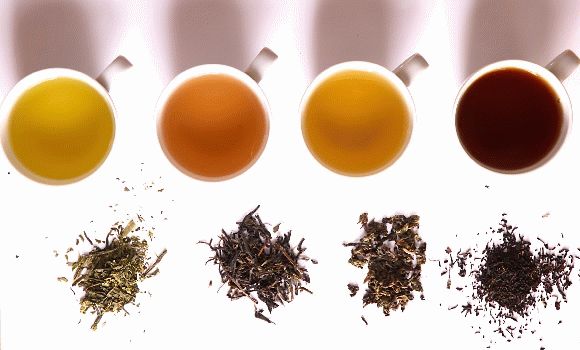
A nursing mother should carefully introduce any tea or herbal tea into her diet. Start drinking in small doses, carefully monitoring the reaction of your body and your baby (behavior, rash). Do not brew strong teas or herbs at the beginning of breastfeeding, as the drink becomes more concentrated and can cause allergies or other negative reactions in the newborn. They should also understand that there is no single template recipe for all breastfeeding women. The same tea affects different organisms, both the child and the mother.
The main rule of breastfeeding: all drinks should be as natural as possible and in moderation.
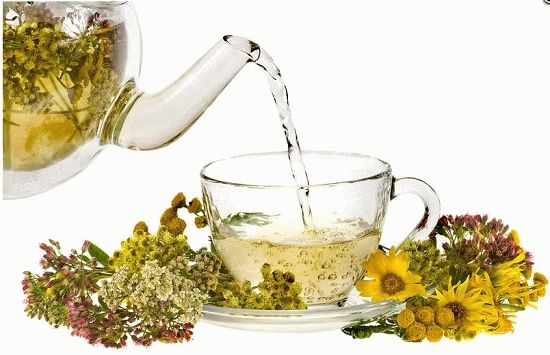
Herbs for hepatitis B are mainly used as medicines. Consult a lactation consultant before drinking herbal tea.
- If you are allergic to herbal tea, it is best to stay away from related medicinal plants.
- always buy properly labeled drinks and herbs,
- avoid pharmacologically active herbal teas,
- Consult your pediatrician before drinking any herbal drinks while breastfeeding.
A drink containing any of the following herbs is harmful to a woman while breastfeeding:
- buckthorn,
- coltsfoot,
- angelica root,
- elecampane,
- ephedra,
- ginseng,
- valerian,
- rhubarb root,
- anise star,
- sagebrush,
- sophora root,
- aloe,
- senna,
- licorice.
Many nursing mothers claim that mint and menthol have reduced their lactation. You should also be careful when using hibiscus when guarding. Hibiscus tea is good for the body, but during breastfeeding you need to monitor the reaction of the newborn’s body.
Any drink containing the following herbal additives is also harmful to the body of a nursing woman: black walnut, chickweed, oregano, parsley, periwinkle, sorrel, thyme and yarrow. These herbs reduce the amount of breast milk produced by the mother.
